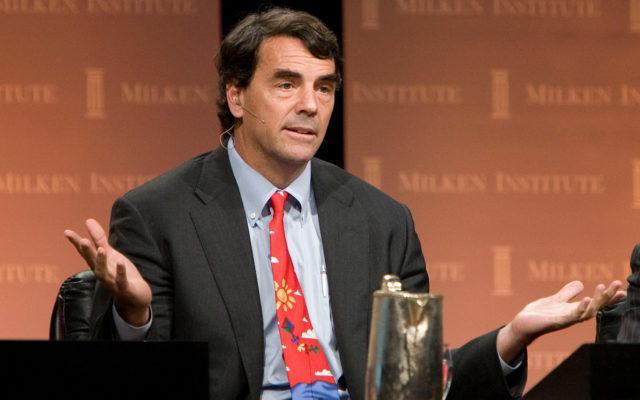United States President Joe Biden on Thursday ordered his national security agencies to use powerful new artificial intelligence technology in an attempt to compete with rivals like China.
At the same time, agencies must apply safeguards to prevent the use of this technology for undemocratic purposes.
The new national security memo, issued in the final months of Biden’s term, seeks to strike a balance between deploying AI’s powerful potential and guarding against some of its possibilities.
For example, the document prohibits the use of AI to circumvent existing protocols around the deployment of nuclear weapons and prohibits the use of the technology to limit freedom of expression. More generally, it prohibits agencies from using AI in ways that “do not align with democratic values.”
These parameters may seem like obvious rules, but Biden and his team believe that defining them explicitly can help agencies better harness the power of the tools, which they fear could be quickly used by global adversaries.
“With a lack of policy clarity and a lack of legal clarity about what can and cannot be done, we will likely see less experimentation and less adoption than with a clear path to use,” said a senior administration official.
Rise of AI
In a series of months-long discussions with his national security team, Biden sought to tweak the document to ensure its restrictions are enforced even in times of crisis, officials said.
Revealing the new parameters during a speech at the National War College, Biden’s national security adviser Jake Sullivan framed the risks of managing the rise of AI.
“We have to get this right, because there is probably no other technology that will be more critical to our national security and for years to come,” Sullivan said.
In the memo, the president also directed agencies to help American companies protect artificial intelligence technology from foreign spies and to continue advancing the production of semiconductor chips, which are needed for many AI products.
The order sets timelines for agency reviews that expire well after Biden leaves office. It is unclear how former President Donald Trump would address the issue if elected.
Vice President Kamala Harris has been actively involved in the current administration’s AI-related efforts, including participating in a summit on the topic in London.
Biden administration officials believe rapidly developing AI tools will spark new competition among world powers. Although largely developed in the United States, countries like China are quickly applying the technology in military and civilian settings.
The US has held discussions with Beijing on the issue, but hopes to become more involved in the riskiest applications of AI.
“We know that China is building its own technology ecosystem with digital infrastructure that will not protect sensitive data, that can enable mass surveillance and censorship, that can spread disinformation, and that can make countries vulnerable to coercion,” said Sullivan.
“So we have to compete to provide a more attractive path forward, ideally before countries go too far down an unreliable path, which could be expensive and difficult to return to,” he said.
What happens after Biden drops out of the US presidential campaign
This content was originally published in Biden seeks balance in the use of AI by national security agencies on the CNN Brasil website.
Source: CNN Brasil
Bruce Belcher is a seasoned author with over 5 years of experience in world news. He writes for online news websites and provides in-depth analysis on the world stock market. Bruce is known for his insightful perspectives and commitment to keeping the public informed.







